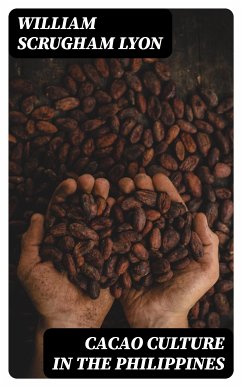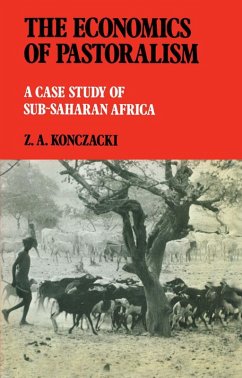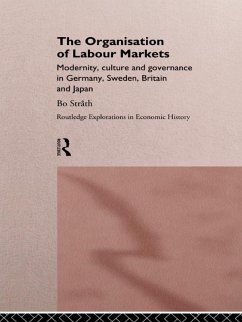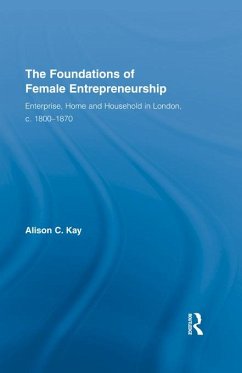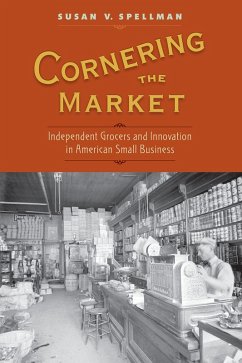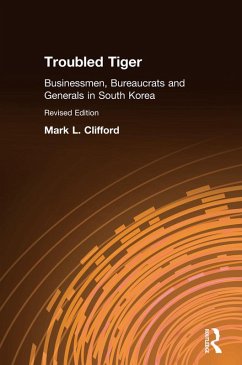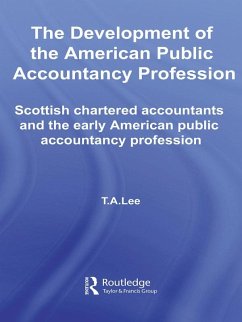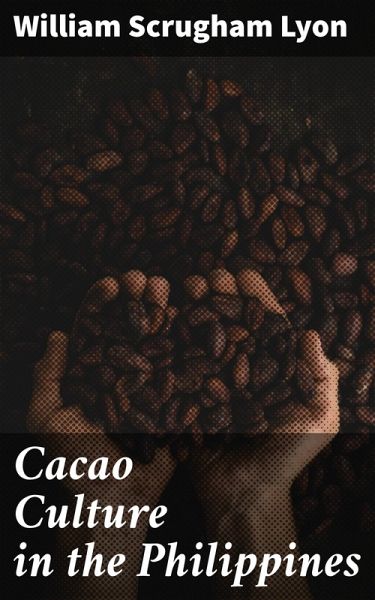
Cacao Culture in the Philippines (eBook, ePUB)
Exploring the Rich Heritage of Cacao Culture in the Philippines
Versandkostenfrei!
Sofort per Download lieferbar
0,49 €
inkl. MwSt.
Weitere Ausgaben:

PAYBACK Punkte
0 °P sammeln!
In "Cacao Culture in the Philippines," William Scrugham Lyon presents an insightful exploration of the historical and socio-economic factors that have shaped cacao cultivation in the archipelago. This meticulously researched work blends ethnobotany, agricultural economics, and cultural history, reflecting a narrative style that is both analytical and engaging. Lyon contextualizes the significance of cacao within the Filipino landscape, detailing the traditional practices, challenges facing farmers, and the potential future of this agricultural staple against the backdrop of global demand and e...
In "Cacao Culture in the Philippines," William Scrugham Lyon presents an insightful exploration of the historical and socio-economic factors that have shaped cacao cultivation in the archipelago. This meticulously researched work blends ethnobotany, agricultural economics, and cultural history, reflecting a narrative style that is both analytical and engaging. Lyon contextualizes the significance of cacao within the Filipino landscape, detailing the traditional practices, challenges facing farmers, and the potential future of this agricultural staple against the backdrop of global demand and environmental changes. William Scrugham Lyon, a renowned agricultural expert and anthropologist, has spent decades studying the intertwining of culture and agriculture in tropical climates. His extensive travels through the Philippines, coupled with a personal passion for sustainable farming practices, have equipped him with a unique perspective on the cacao industry. His background in both environmental science and cultural studies profoundly informs his writing, allowing readers to grasp the complex dynamics at play in cacao production. Highly recommended for scholars, agronomists, and general readers alike, this book offers a comprehensive understanding of cacao culture in the Philippines. Lyon'Äôs compelling narrative not only sheds light on the agricultural practices but also emphasizes the importance of preserving indigenous knowledge and promoting sustainable farming. This authoritative text is a crucial addition to the literature on agriculture and cultural heritage.
Dieser Download kann aus rechtlichen Gründen nur mit Rechnungsadresse in A, B, BG, CY, CZ, D, DK, EW, E, FIN, F, GR, H, IRL, I, LT, L, LR, M, NL, PL, P, R, S, SLO, SK ausgeliefert werden.




